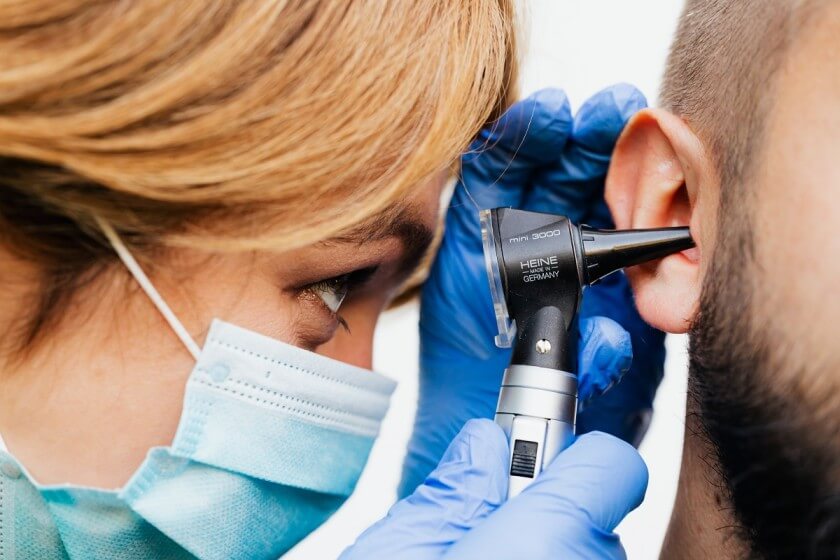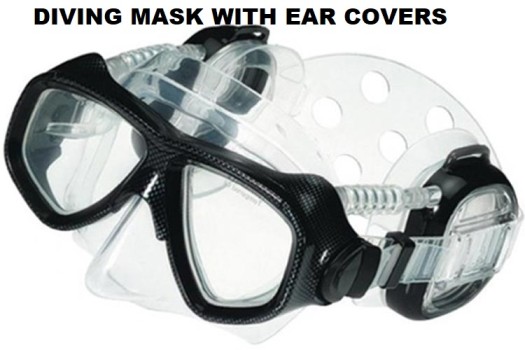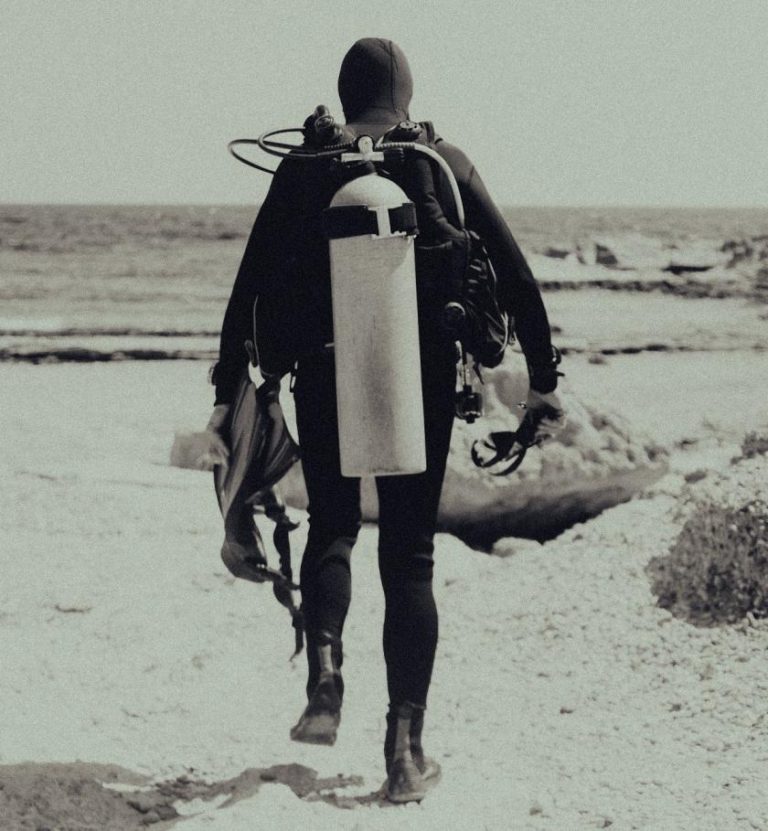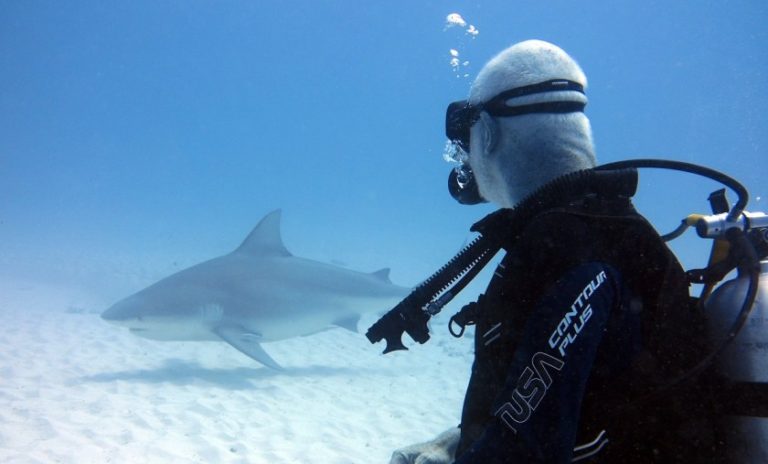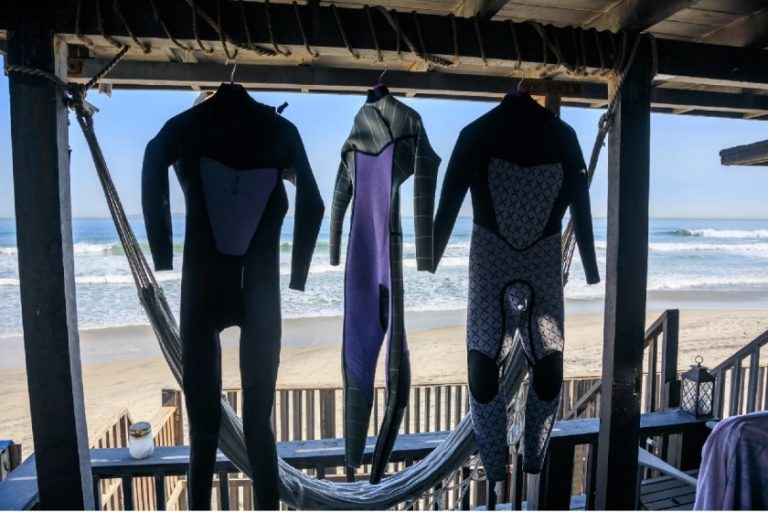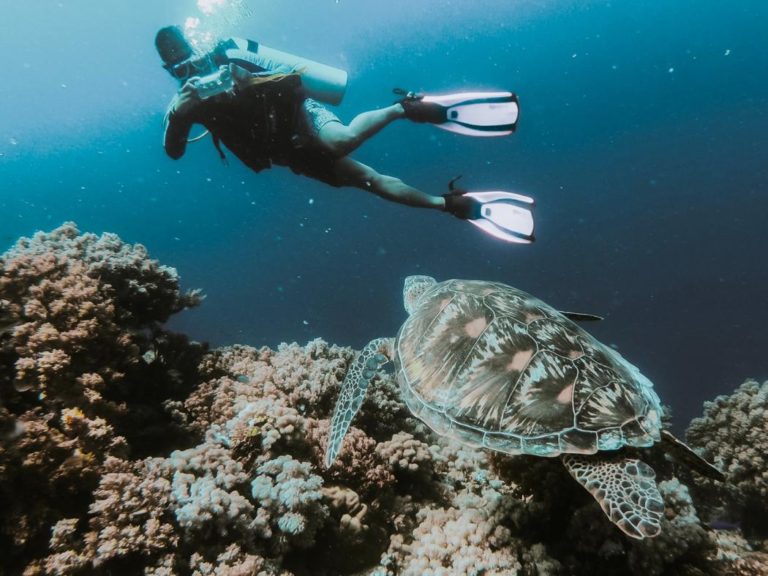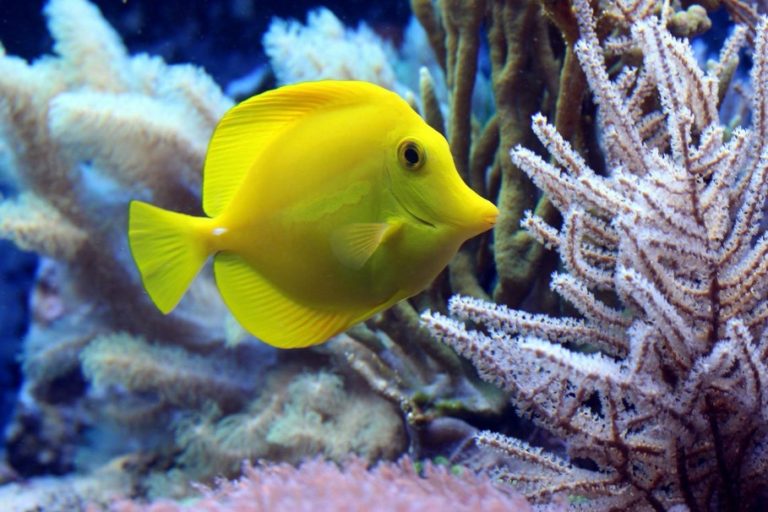Will Scuba Diving Hurt My Ears
Ear injuries and discomfort are normal occurrences among scuba divers. Many divers including the seasoned divers do experience trouble equalizing their ears one time or the other in their scuba diving careers. As a first-time diver, you may be wondering will scuba diving hurt my ears.
Failing to equalize ear pressure when scuba diving will hurt your ears, especially if ignored and the diver keeps on descending or diving. When properly equalizing ear pressure, scuba diving rarely causes any serious ear injuries among divers.
I remember my first time diving in open waters, I had so much trouble equalizing my ears that I had to surface out of the water couple of times. Long story short, let’s say it wasn’t a success story or dive. I had to take some tutoring from my instructor on how to equalize as well as practice in the swimming pool.
With time equalizing ear pressure gets easier for all divers. Don’t worry if you are having trouble with this and don’t feel ashamed to admit it as well.
Ignoring the issue will put you at a higher risk of damaging your ears. Letting your instructor know you are having trouble equalizing, the instructor will help you practice and improve with time.
In this article, we’ll look into scuba diving and ear damage, can scuba diving hurt your ears, what to do and how to prevent ear damage when scuba diving.
Let’s dive right into it!
READ MORE: Can You Scuba Dive While Congested?
Can Scuba Diving Damage Your Ears
The ear has several parts working together to ensure it stays in good shape and you continue hearing properly.
For this to happen the ear pressure outside and inside the ear must be equal at all times. We don’t have to worry about this when on the ground since it happens more naturally.
However, as the pressure outside the ear increases when diving, we must help in the equalizing process.
When descending into the water, there is more water pressure exerting on the eardrum causing it to push or bend inwards.
Divers equalize pressure in the middle ear by performing various actions such as;
- pinching the nose and breathing slowly
- breathing out from one nostril at a time
- moving the jaws left to right
- using throat muscles
- exhaling slowly
By doing so air goes into the middle ear through the Eustachian tubes equalizing the pressure inside and outside the ear. Divers have to keep equalizing their ears to protect their eardrums.
Failing to clear the inner ear, the pressure outside keeps pushing on the eardrum causing it to bulge and eventually burst. Depending on the size or nature of the rapture, the eardrum can heal itself or you are left with a permanently damaged eardrum.
In some cases, you may require corrective surgery and in some cases, the diver is left deaf.
Can You Burst Your Eardrum from Diving
Failing to equalize ear pressure can cause the eardrum to burst. The risk of bursting eardrums increases when you ignore the inability to equalize your ears and keep on diving.
Equalizing or popping the ear as commonly referred to helps divers keep on diving without ever hurting their eardrums.
Many divers can tell when they are having trouble equalizing.
Some signs to look out for include;
- pain in the ears
- clogged ears
- pain in the ear that suddenly goes away
- ringing ears
- Stuffy ears.
Once you notice you are having trouble equalizing it’s important to cancel the dive. Don’t ignore especially after trying to pop the ears multiple times with no success.
Ignoring the problem or continuing to dive deeper only creates more pressure outside the ear. This pressure build-up eventually causes the eardrum to burst.
Once the eardrum bursts divers often feel a sense of relief from pain in the ear but this is only short-lived. Seawater gets into your ear, to the Eustachian tube, and eventually into the throat making you nauseous, or feeling dizzy.

How Do I Stop My Ears from Hurting When Diving
The only way to stop ears from hurting when diving is by equalizing the pressure inside the ears. If you notice you are experiencing problems with this it’s best to abort the dive.
Once you are on the surface, it’s easier to equalize and the pain inside the ear is released eventually.
Some of the ways divers stop their ears from hurting are by;
- Tilting the head upwards or side to side
- Stretching the jaws left to right
- Blowing air out gently through the nostrils
- Pinching the nose and blowing gently
All these activities help open up the Eustachian tube allowing airflow into the middle ear. Some of these may be challenging especially with a regulator in the mouth.
Most importantly, remember to stay calm and relaxed when trying to equalize. Tension or stress can make it even harder to achieve this goal.
How to Protect Your Ears When Scuba Diving
The best way would be equalizing at intervals as you dive.
If this proves quite challenging for you, try using scuba diving earplugs, wearing a mask that covers the ears, using vented earplugs, or wearing a diving hoodie (All available on Amazon).
All of these reduce the amount of water in the ear thus reducing the water pressure exerted on the eardrum. It gets easier equalizing ear pressure in such conditions.
Avoid using regular earplugs as these aren’t designed to keep water out of the ear. In addition, normal earplugs can easily get stuck in your ear and it’s difficult equalizing with these on.
Another way to protect your ears is by diving feet first. Diving head fast creates pressure very quickly making it harder to equalize.
When descending into the water do it slowly and listen to your body. Making necessary stops during the descent to equalize is very important.
Sometimes to protect the ears when diving, divers prepare beforehand. Start equalizing the ears before the dive.
Practicing how to equalize even when on dry land goes a long way for divers. More practice improves your skill and potential.
Chewing gum before diving helps in equalizing the ears as it stretches the jaws opening the Eustachian tubes.

Ear Pain after Diving
After diving, divers with raptured eardrums often experience nausea, vomiting, dizziness, fluid flow from their ears, ringing ears, ear pain, vertigo, hearing loss, and ear congestion.
Bloody discharge from the ear is a clear indication of a busted eardrum and you should seek immediate medical attention.
Sometimes divers can experience ear congestion after a dive which clears in a few hours. However, if the congestion persists or the pain gets worse seek medical attention.
Risk Factors
While everyone can experience trouble equalizing the ear pressure when diving, there are some factors that increase the chances.
These include;
- Upper respiratory infections
- Allergies
- Existing ear trauma
- Smoking
- Certain foods that cause high mucus production
If you happen to have any of these conditions then you are likely to experience trouble popping your ears.
Never go diving with a cold or sinus congestion, blockage in the nose or throat will affect your ability to equalize ear pressure underwater.
Although not common, some foods (such as dairy products) can cause high mucus production in some people. Avoid taking these foods before diving if you have a history of experiencing high mucus or phlegm production after eating them.
Conclusion
We’ve looked into whether scuba diving can damage or hurt your ears. Diving will only hurt your ears if you fail to equalize the ear pressure or ignore signs that you are experiencing this challenge.
When done right, scuba diving rarely hurts or damages the ear, in most cases the ear clears out once you are out of the water.
I hope this article provides useful information and will help you next time you go diving or experience trouble equalizing the ear pressure.

